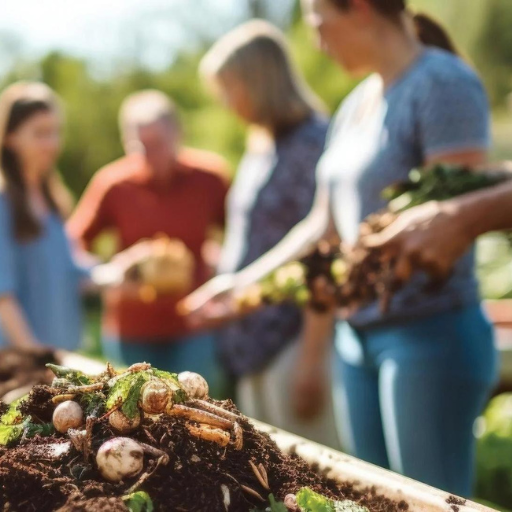Many people have heard about the impact on health in adulthood from Adverse Childhood Experiences, sometimes referred to as ACEs. More than 25 years ago, researchers looked at how abuse, neglect, divorce, substance use disorders, and more caused adversity in childhood.
They found that early experiences of adversity had a profound impact on adult health issues, including alcohol and other substance use disorders, mental health issues, suicide, and even heart disease and diabetes. We now know that other factors, such as environmental and community conditions, racism, sexism, discrimination for sexual identity and orientation, bullying, and other challenging experiences also have a profound impact on health.
The Power of Positive Experiences
But there’s also good news. More recently, researchers have started to look at how Positive Childhood Experiences, sometimes referred to as PCEs, can buffer the impact of adverse experiences. Researchers have noted several positive experiences as impactful, such as talking to family about feelings, feeling supported by family, having at least two non-parent adults who took genuine interest, and participating in community activities.
When individuals reported having two or more of these experiences, researchers found that even those who had experienced a great deal of adversity also reported fewer instances of serious mental health challenges. They were able to ask for help when they needed it, which is one of the biggest factors in staying healthy as an adult.
Community Makes a Difference
Another example of how to build positive experiences comes from community development programs in Washington state. These communities found that certain actions had a big impact on physical and mental health, which included being able to rely on multiple people for physical and emotional support. It considered things such as: Reciprocity: “I’ll help you with that if you’ll help me with this.” Social Bridging: Reaching out to people beyond your social circle to ask for help and support. People who reported one or more of these experiences had much lower levels of mental health challenges, even if they had experienced high levels of childhood adversity.
Take Action Today
Knowing that we are not bound by adversity in childhood and that there are positive experiences that can help build health as adults is a huge source of hope. And we know that hope is one of the biggest determinants of happiness. So, go out today and create positive experiences for yourself and others.
You can:
- Ask for help
- Offer to help your neighbors and friends
- Provide support for others
- Talk to people you might not ordinarily talk to
- Take part in community activities
Above all, know that each time you have a positive experience, your capacity for hope and happiness grows.
Pinetree Institute offers several programs to support a culture of positive experience. These include the Maine Recovery Friendly Workplace in partnership with Portland Recovery Community Center, Recovery Ready Community Coalitions, Trauma-Responsive Training Programs, and Prevention Programs for Youth. For more information, contact
[email protected]
.



